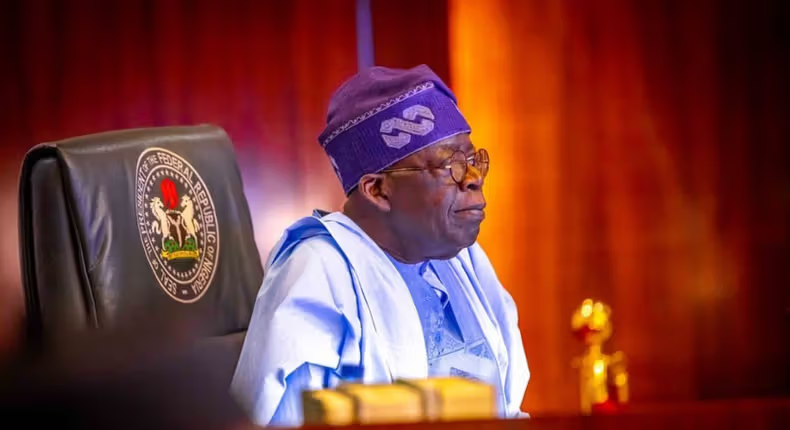The House of Representatives has praised President Bola Tinubu for his decision to approve a 50% electricity subsidy for universities, hospitals, and other tertiary institutions. This move comes in response to rising electricity costs that have strained these institutions.
DETAILS OF THE SUBSIDY APPROVAL
Rep. Abubakar Fulata, Chairman of the House Committee on University Education, expressed gratitude for the President’s decision, noting that the subsidy would significantly alleviate the financial burden on universities struggling with high electricity tariffs. Fulata highlighted that his committee had recently visited over 30 federal universities across 25 states and the Federal Capital Territory, where they observed that the high electricity costs were crippling the institutions.
For example, Fulata pointed out that the University of Jos (UNIJOS), which previously paid around ₦20 million monthly for electricity, saw its bill skyrocket to over ₦100 million after being placed in Band ‘A,’ the highest electricity tariff group. Due to these costs, some universities, including UNIJOS, had been disconnected from public electricity by distribution companies.
IMPACT AND RECOGNITION
Fulata commended Tinubu for his “magnanimity” in responding to the call for subsidizing electricity tariffs, noting that this is not the first time the President has taken steps to support the education sector. He referenced Tinubu’s earlier decision to remove tertiary institutions from the Integrated Payroll and Personnel Information System (IPPIS), which had imposed administrative burdens on university management. Fulata also mentioned that the President reconstituted councils for tertiary institutions in response to their requests.
SUBSIDY IMPLEMENTATION
The Minister of State for Health, Dr. Tunji Alausa, initially announced the subsidy during a visit to Kaduna, noting that the Ministry of Power is already working on the payment modalities. Fulata expressed confidence that lawmakers, regardless of political, ethnic, or religious differences, would continue to collaborate with the executive and other stakeholders to enhance the quality of education in Nigeria.
